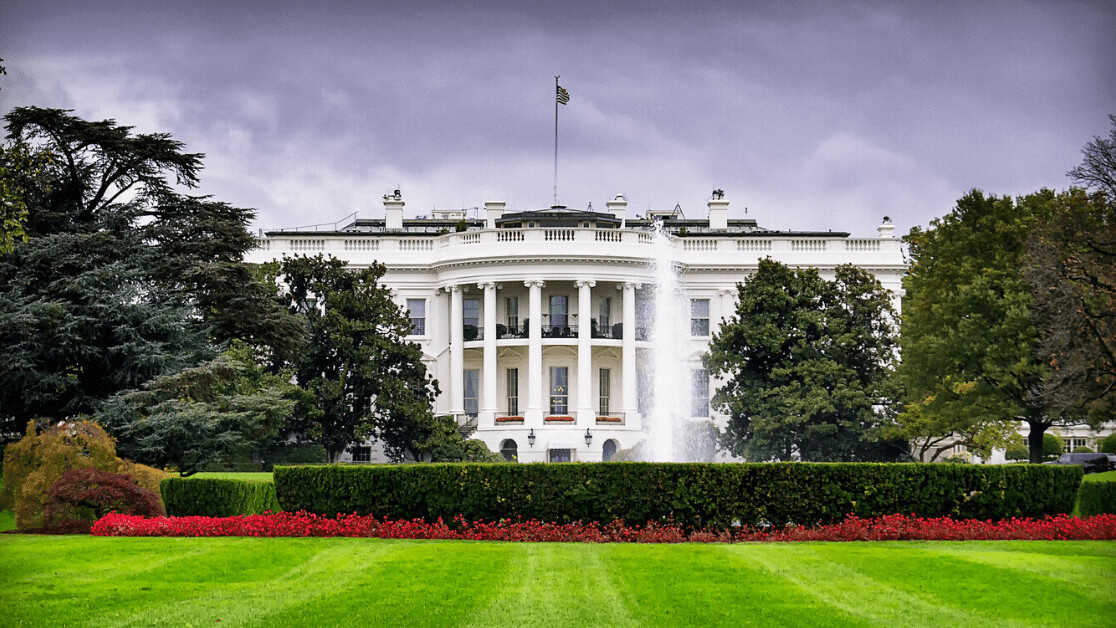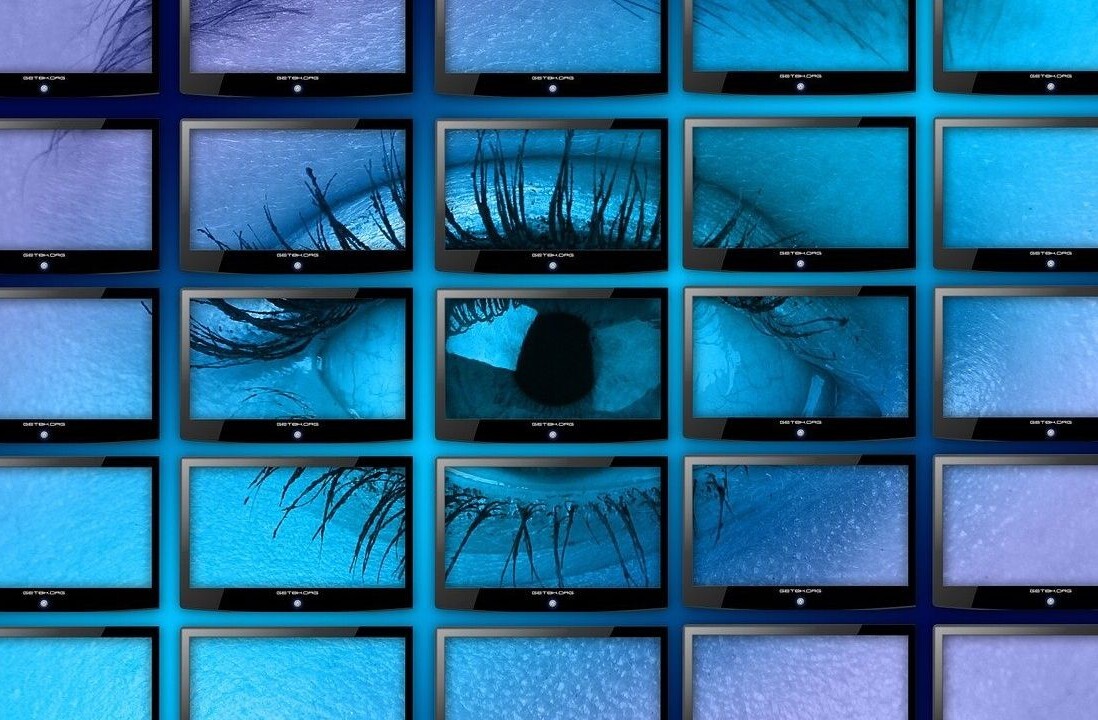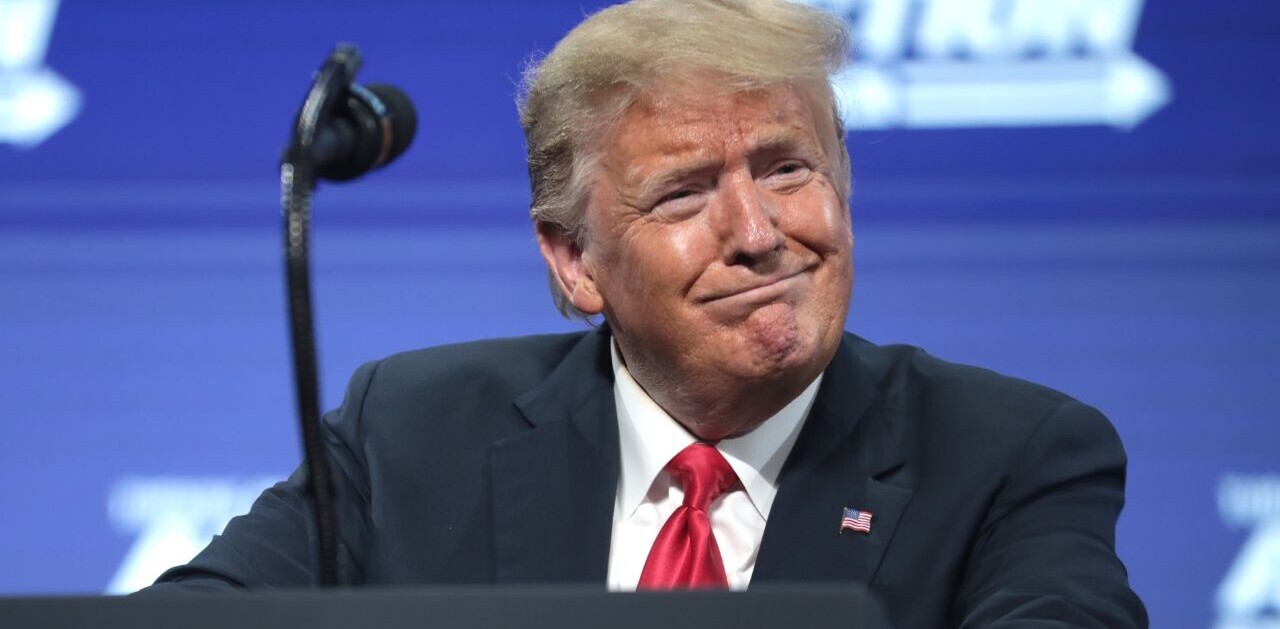With more than 6,000 confirmed cases of COVID-19 registered in the US, the government is thinking about new ways to control the outbreak. To that end, the White House is exploring solutions that help people maintain a safe distance from each other — by teaming up with tech companies to monitor your location data.
A report by the Washington Post notes that the government is already talking with experts at Google, Facebook, and other tech giants to possibly use anonymized location data, so that health specialists can track the outbreak more efficiently.
[Read: Uber and Lyft both suspend their carpooling option due to COVID-19]
The project is in the early stage, and the task force assigned to it discussed various ideas ranging from telemedicine to disease mapping at a meeting on Sunday. Josh Mendelsohn, the managing partner at Hangar, a venture capital firm, who helped set up the committee, said it’ll present its recommendations to the government in the coming days.
US-based tech companies have already started multiple efforts to combat COVID-19. Earlier this week, Verily, an Alphabet subsidiary, released a portal that will guide people through the testing process in California. While Mircosoft released its coronavirus tracker dashboard on the same day, Google building a website that collates information about the disease, including symptoms and risks. Plus, all these companies are joining forces to remove misinformation from their platforms.
Joint Industry Statement from @Facebook, @google, @LinkedIn, @Microsoft, @reddit, @Twitter and @YouTube https://t.co/8H1XVFt2N0 pic.twitter.com/GGJdX7mFKb
— Facebook Newsroom (@fbnewsroom) March 17, 2020
Using data from phones to contain the pandemic isn’t a novel idea. Last month, China released an app that lets people check through QR codes if they have been in close contact with anyone infected by coronavirus.
A report from the New York Times suggested that Israel is also using residents’ cellphone data to track the disease. The report also noted that the Israeli government hadn’t disclosed its capability of tapping into citizens’ location data till now — a move that might raise eyebrows of privacy advocates.
Naturally, this raises the question of how much how we value digital privacy when people’s lives are at stake. Last month, China’s coronavirus app was found to be sending location data to cops — a move that could put people at risk of being tracked invasively.
On the one hand, you could argue that privacy isn’t the top priority when thinking about how to keep people safe from a growing pandemic. But how do we know that governments won’t use this data to track dissidents, or give preferential treatment to powerful figures? And what guarantees do we have that authorities will wipe all that data once the pandemic is over?
These aren’t easy questions to answer, but they are also important to consider, because they might come back and haunt us a few years down the line.
Get the TNW newsletter
Get the most important tech news in your inbox each week.






